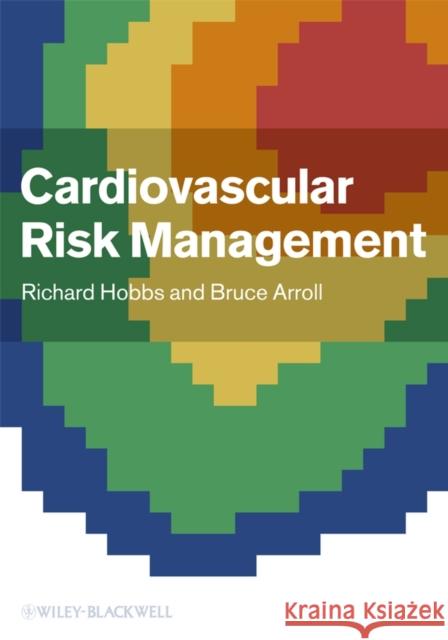Cardiovascular Risk Management » książka
topmenu
Cardiovascular Risk Management
ISBN-13: 9781405155755 / Angielski / Miękka / 2008 / 100 str.
- Practical ABC style
- Enables doctors to prioritise treatment using risk-scoring systems and holistic recommendations for reducing cardiovascular risk
- Includes treatment plans for individuals with diabetes, who are at high risk of developing cardiovascular disease
- How to reduce cardiovascular risk in other specific patient groups
- Developed by expert groups in different regions of the world











